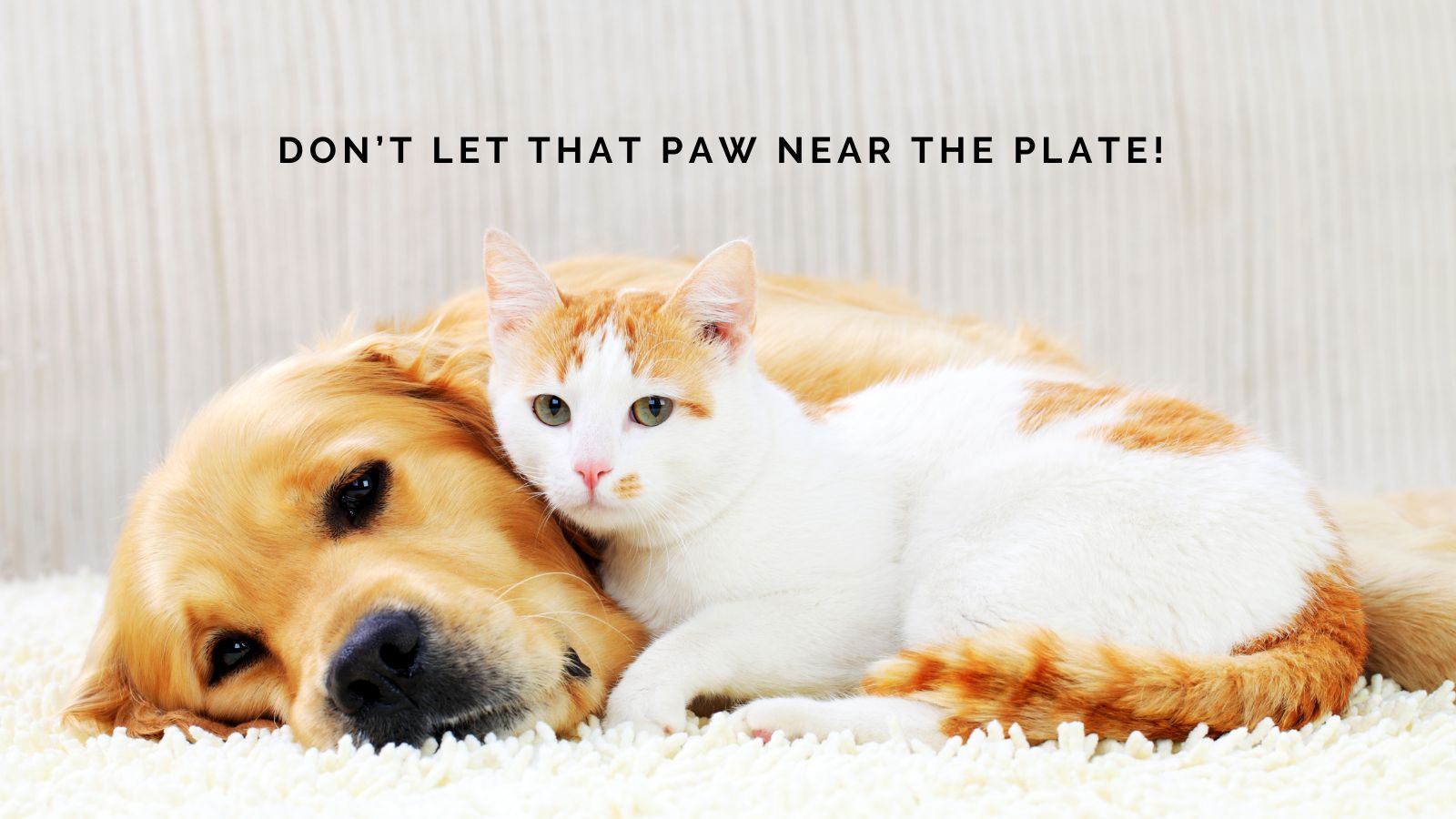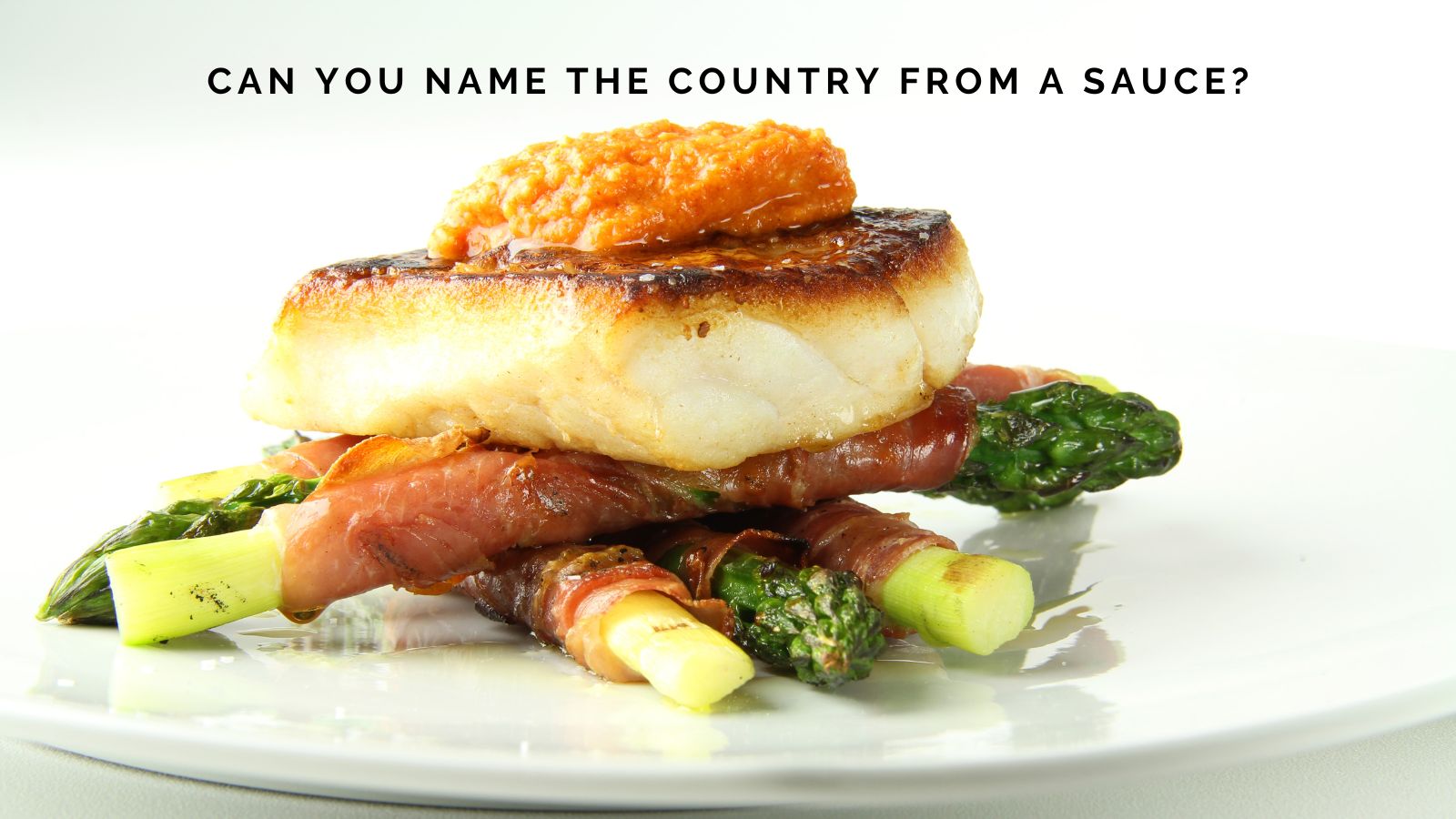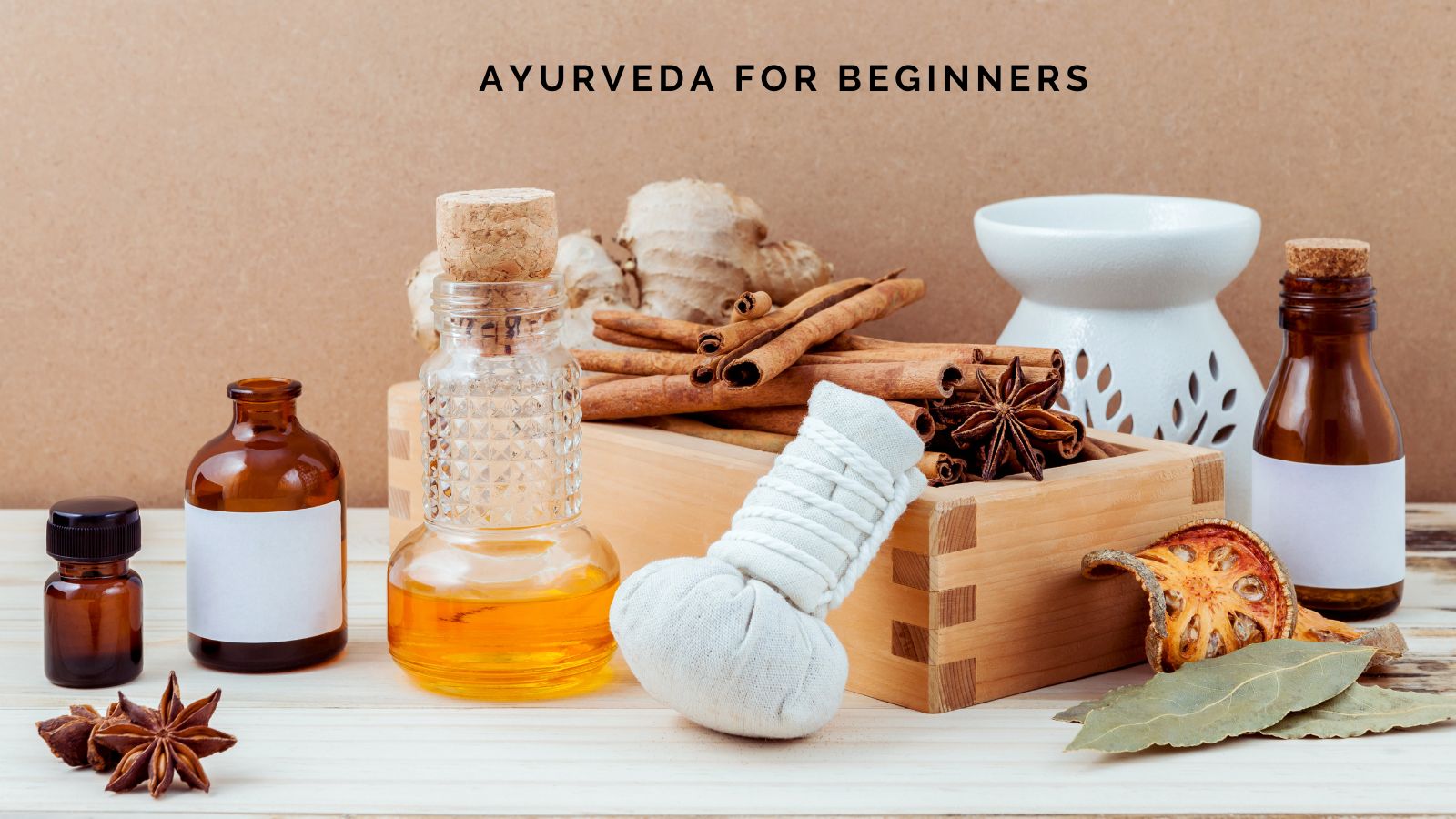
As pet lovers, we’re always looking for ways to treat our dogs and cats, especially when those pleading eyes peer up at us from beneath the dining table. And let’s be honest—sometimes it’s tempting to slide a scrap or two off our plate just to make them happy. After all, it’s just a bit of cheese or a grape... what harm could it really do?
Well—more than you might think.
Some of the most common foods in our homes, even those that seem healthy and natural, can be seriously harmful—or even fatal—to pets. Whether you're a new pet parent or have shared your home with furry companions for years, here’s a closer look at some foods often mistakenly considered safe for pets... and why you should keep them off the menu.
Grapes and Raisins
Let’s start with one of the biggest shockers. Grapes and raisins may be the perfect snack for humans, but they’re potentially deadly for dogs. Even small amounts can cause kidney failure in some dogs. It’s still unclear exactly what compound causes the toxicity, and it doesn’t affect every dog the same way—but the risk just isn’t worth it.
Better alternative: Blueberries—antioxidant-rich and completely safe in moderation.
Onions and Garlic (and Chives, too)
A bit of leftover stew or roast might seem like a harmless treat, but if it contains onions or garlic—even in powdered form—it can lead to gastrointestinal irritation and damage red blood cells in both dogs and cats. Cats are especially sensitive to allium poisoning, but dogs are also at risk.
Watch for it in: Baby food (used to tempt sick pets), sauces, soups, seasoning blends.
Cheese and Dairy Products
Many pets, especially cats and adult dogs, are lactose intolerant. Despite what cartoons might suggest, that saucer of milk can cause a messy aftermath. Cheese can also be high in fat and salt, leading to pancreatitis in dogs if consumed regularly.
Small exceptions? A tiny bit of low-lactose cheese (like cottage cheese) might be fine for some dogs—used sparingly.
Avocado
This trendy toast-topper contains persin, a fungicidal toxin that’s harmful to many animals, including birds, rabbits, and horses. Dogs and cats are more resistant, but the flesh can still cause stomach upset, and the large pit poses a choking hazard or potential intestinal blockage.
Bottom line: Best to skip it entirely—there are safer fats for pets.
Peanut Butter with Xylitol
Peanut butter is a popular treat for dogs—great for filling toys or distracting them during nail trims. However, some brands now include xylitol, a sugar substitute that's extremely toxic to dogs, causing rapid insulin release, hypoglycaemia, seizures, liver failure, and even death.
Always check the label. Stick with plain, xylitol-free, unsalted peanut butter.
Cooked Bones
It might feel instinctual to toss your dog a leftover bone, but cooked bones (especially poultry) can splinter easily and cause choking, internal injuries, or blockages. Raw bones from reputable sources can be safer, but even they come with risks and should always be supervised.
Safe option: Consider vet-approved dental chews or rawhide alternatives.
Chocolate
We all know chocolate is bad for pets—but it's worth repeating because it's still one of the most common causes of pet poisoning. Chocolate contains theobromine, which dogs metabolise slowly, leading to potential heart issues, tremors, or seizures. The darker the chocolate, the more dangerous it is.
Remember: Cats can be affected too, though they’re less likely to eat it.
Coconut Products
While coconut oil is often touted as a health booster (and occasionally used topically on pets), ingesting too much coconut flesh, milk, or oil can lead to diarrhoea and upset tummies. Coconut water is especially risky—it’s high in potassium and should be avoided.
Moderation is key. Talk to your vet before adding coconut to your pet’s diet.
Raw Dough (Yeast)
If you're a baker, keep the raw dough far out of paw’s reach. The yeast in uncooked bread dough continues to rise inside a pet's warm stomach, which can cause bloating and even rupture the stomach or intestines. Plus, as the yeast ferments, it produces alcohol—leading to *ethanol poisoning*.
Warning signs: Vomiting, disorientation, bloating, and lethargy.
Apple Seeds and Stone Fruit Pits
An apple slice is fine, but be cautious with the seeds—they contain amygdalin, which releases cyanide when chewed. Similarly, peach, plum, cherry, and apricot pits also contain this compound and can cause cyanide poisoning if ingested in large amounts. Plus, the pits themselves are a choking hazard.
Safety tip: Core and de-seed fruits before sharing.
Our pets rely on us to make safe, informed decisions for them. Just because something is natural, human-grade, or even “organic” doesn’t mean it’s suitable for your dog or cat. Always read labels, avoid table scraps, and stick with foods designed specifically for your pet’s dietary needs.
And remember—what’s safe for one species might be lethal for another.
Have you ever accidentally fed your pet something unsafe, or had a close call?






















